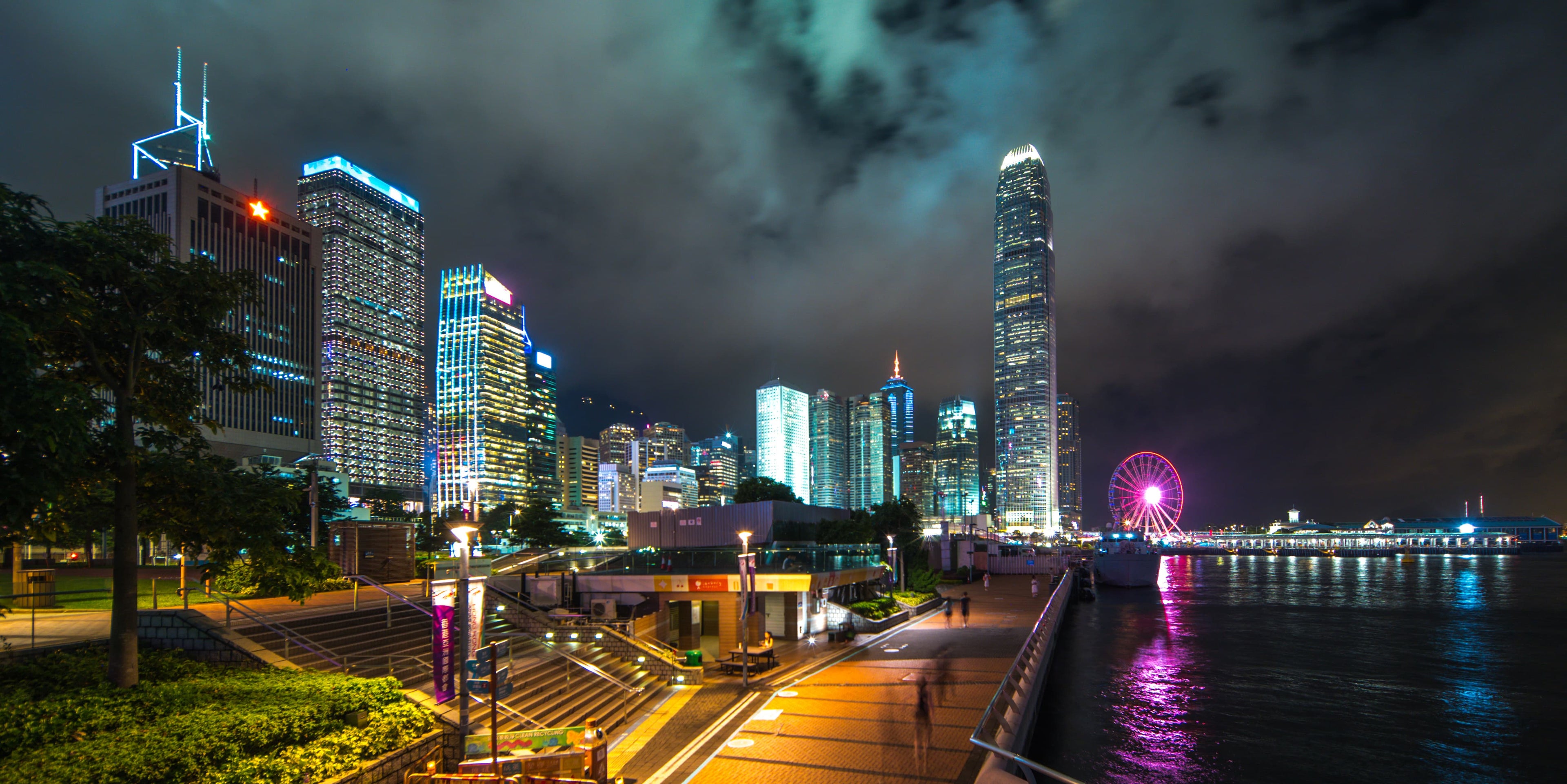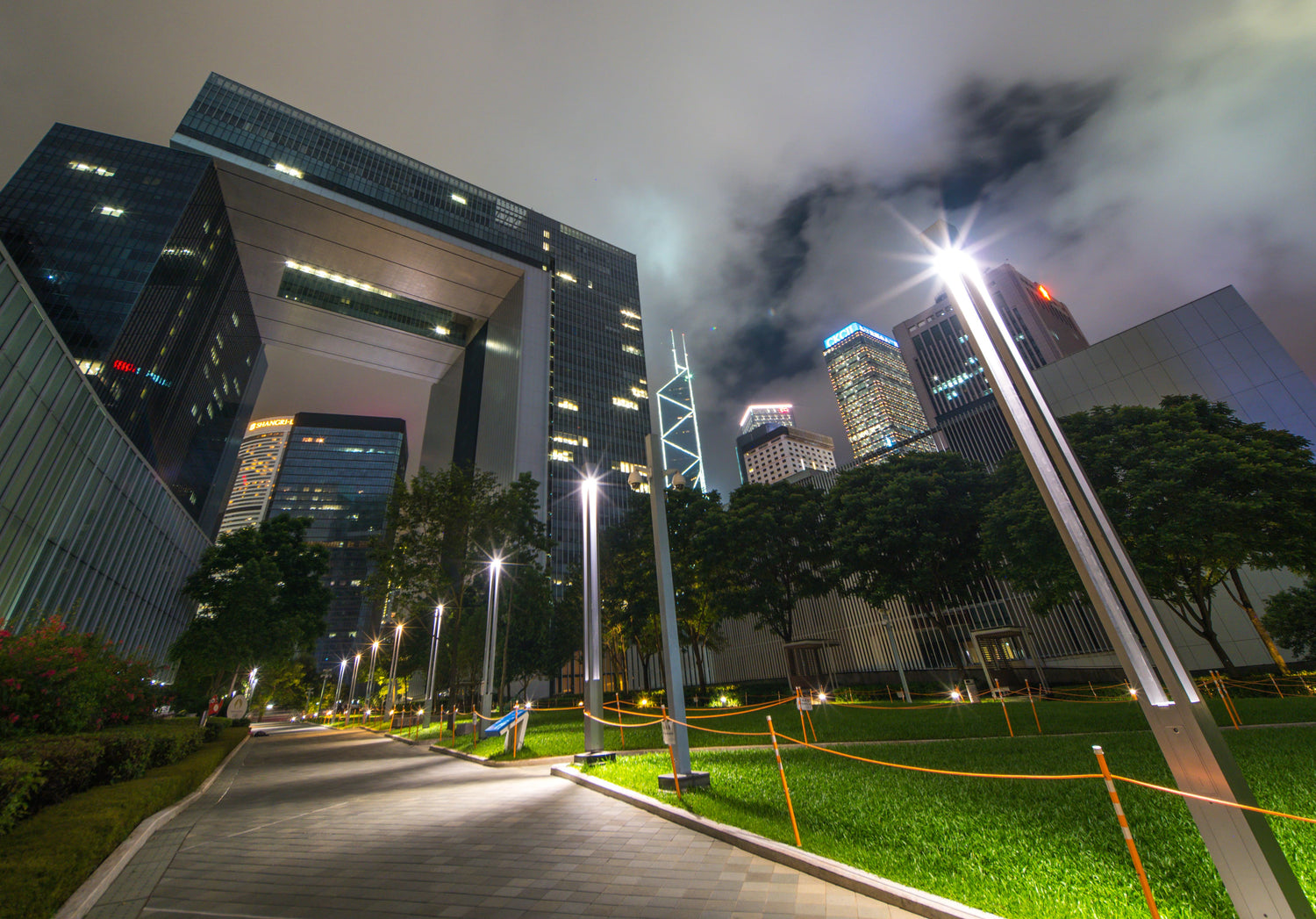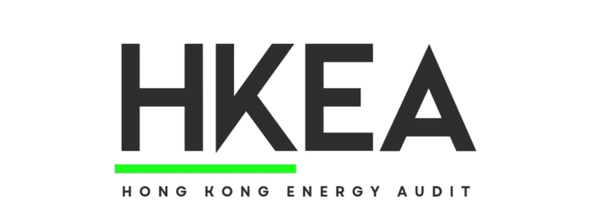
Ten ways to save energy in the office
10 ways to save energy in office
The most direct way to save energy and reduce emissions is to control harmful substances produced during production. Approximately 0.8-1.0 kilograms of CO2e (carbon dioxide equivalent) are produced per kilowatt hour of electricity. Everyone in the office saves energy and resources by changing their electricity consumption habits and contributes to the environment. The following are ten simple and practical office energy-saving measures:
Office Energy Saving-Employee
Adjust office temperature
Properly adjusting your office temperature is one of the simplest and most effective ways to save energy. The optimal range is to set the room temperature at 25-26°C in summer and 20-22°C in winter. For every 1°C reduction, 5-10% of heating/cooling costs can be saved.
Also, don't set the air conditioning or heating too low or too high. Not only is this a waste of energy , but long-term exposure can also affect your health. If you feel cold or hot , try to wear thickened or thin breathable clothes first , adjust your body feeling first , and reduce the use of air conditioners.
Use lighting wisely
Proper use of natural light is the most environmentally friendly lighting method. Windows and skylights can be used as much as possible to introduce natural light and reduce artificial lighting. When using artificial lighting, choose appropriate illumination according to work needs. Generally, the most suitable office desk illumination is 300-500 Lux. Don’t habitually turn on all the lights . Make sure the lights are turned off when people leave. Also remember to turn off all unnecessary lights when leaving get off work.
Proper use of computers and other equipment
Computers and other office equipment consume a lot of power and are the main source of power consumption , so you must develop good usage habits:
- Shut down the computer completely when leaving work , and do not leave computers, monitors, printers and other equipment on standby for long periods of time.
- When using a laptop computer to replace a desktop computer , the power consumption of a laptop computer is generally only 1/3 to 1/5 of that of a desktop computer .
- Choose energy-efficient office equipment , such as products with Level 1 Energy Label certification.
- Replace old cathode ray tube (CRT) monitors with liquid crystal displays (LCDs) that consume less power .
- When printing documents , try to keep the page margins as small as possible and choose to print on both sides.
Improve drinking fountain habits
Water dispensers are common equipment in offices , but leaving them on for long periods of time wastes a lot of energy. The following measures can be taken:
- Turn off the power of the water dispenser when you are off work or not using it for a long time.
- Choose a water dispenser with a timer function that automatically switches on and off the timer.
- Try to choose energy-saving water dispensers.
- Clean the water dispenser in time to keep it in good operating condition and avoid excessive power consumption.
Improve the habit of using electric heating equipment
Some small electric heating equipment , such as electric kettles, induction cookers, etc. , are also very common in offices . You should also pay attention to energy saving when using them:
- When the electric kettle boils water , only boil the required amount of water , don't boil too much.
- Turn off the power promptly after use and do not leave it on standby for a long time.
- Choosing electric heating equipment with automatic power-off function can effectively save electricity.
- Reduce the use of power-consuming electric heating equipment such as induction cookers as much as possible , and use more energy-saving equipment such as microwave ovens instead.
Improve your habits when using photocopiers and printers
Photocopiers and printers are essential office equipment , but improper use can waste a lot of paper and supplies. The following measures can be taken:
- Use double-sided printing and photocopying whenever possible to reduce paper usage.
- Try to print in black and white as color printing will consume more ink.
- Properly adjust the print font size and page margins to reduce unnecessary white space.
- Replace ink cartridges and toner promptly to avoid excessive consumables.
- Choose high-efficiency photocopiers and printers with energy-saving modes.
Improve management of office supplies
In addition to electronic equipment , office paper, pens, stationery and other consumables also need to be properly managed:
- Try to use environmentally friendly office supplies such as recycled paper and recycled pens.
- Purchase wisely and don’t hoard too many disposable items.
- Encourage employees to develop the habit of saving paper and cherishing resources.
- Establish a sound office supplies management system to avoid waste.
Office energy saving-Company
Use energy-saving lamps
LED lamps are currently the most energy-saving lamps , with power consumption only 1/5 to 1/10 of traditional light bulbs and long service life. Traditional office lamps can be gradually replaced with LED lamps.
Encourage employees to participate in energy conservation
Employees are the main body of energy conservation . Only when employees actively participate can office energy conservation achieve results. The following measures can be taken:
- Regularly organize energy-saving training for employees to improve their energy-saving awareness.
- Encourage employees to make energy-saving suggestions and provide rewards.
- Establish an energy-saving assessment mechanism and incorporate energy-saving indicators into employee assessments.
- Create a good energy-saving atmosphere and establish an energy-saving corporate culture.
Make more use of natural energy/renewable energy
The use of natural energy , such as solar energy, wind energy, etc., is an important trend in office energy conservation in the future. The following measures can be taken:
- If conditions permit , install solar panels on the roof or exterior walls of office buildings to use solar energy to generate electricity.
- Install a small wind turbine in a well-ventilated office to harness wind energy to generate electricity.
- Make rational use of skylights and windows to introduce natural light and reduce the power consumption of artificial lighting.
- Choose electronic devices powered by solar or wind energy , such as solar chargers.
Establish and improve energy conservation management system
A sound energy-saving management system is the key to ensuring long-term and effective office energy saving . The following measures can be taken:
- Develop clear energy-saving management systems and operating standards , and regularly check their implementation.
- Designate a dedicated person to be responsible for energy conservation management and implement various energy conservation measures.
- Establish a sound energy-saving monitoring and assessment system to regularly evaluate energy-saving results.
- Incorporate energy-saving indicators into the overall operation management of the enterprise and link them to performance assessment.
- Make full use of energy-saving policies and financial support from the government and industry.
Hong Kong Energy Audit Energy Saving Solutions
Our Hong Kong Energy Audit Registered Energy Assessor (REA) can provide optimized energy efficiency solutions for buildings. Whether you are renting an office or an owner, a more energy-saving solution can greatly reduce operating costs. Especially for big brands with more than one office, our REA team can Integrate the energy efficiency of all the brand's offices or stores to provide practical energy-saving solutions . Please feel free to contact our customer service for inquiries.

HKEA Audit Team Qualifications:
1. More than 13 years of experience in the field of sustainable development, focusing on energy performance optimization.
2. Possess the qualification of Registered Energy Assessor (REA) and have rich background in building services engineering.
3. Expertise in implementing and optimizing energy efficiency measures in building systems.
4. Chartered Engineer with extensive technical and practical knowledge.
5. Member of the Hong Kong Green Building Council (HKGBC) committee, contributing to industry standards and practices.
6. Guest lecturer at the Chinese University of Hong Kong (CUHK) and the University of Hong Kong (HKU) to cultivate future industry leaders.
7. Actively participate in public speaking and present at industry seminars.
8. Published many papers and articles on sustainable development.
9. Proven track record of leading successful sustainability projects and achieving significant energy savings.
10. Passionate about driving innovation and continuous improvement in the field of sustainable development.
Blog
View all-

【甚麼是註冊專業工程師?與特許工程師有甚麼分別?】
註冊專業工程師(Registered Professional Engineer, R.P.E) 身份資格由香港工程師註冊局根據《工程師註冊條例》頒發,代表該工程師透過嚴格審核,並具備專業知識、經驗,並獲得香港政府認可,可以執行與安全、技術有關的工程項目及簽署相關文件;特許工程師(Chartered Engineer) 身份資格由工程學會頌發,同時亦可晉身該工程學會會員,或透過互認獲取更多不同學會的會員身份,特許工程師同樣是一種專業認可,包括該工程師在工程技術、管理能力同職業操守方面等,而且可以擔任高級技術或管理職位,特許工程師的國際認可性高,兩者有甚麼分別?
【甚麼是註冊專業工程師?與特許工程師有甚麼分別?】
註冊專業工程師(Registered Professional Engineer, R.P.E) 身份資格由香港工程師註冊局根據《工程師註冊條例》頒發,代表該工程師透過嚴格審核,並具備專業知識、經驗,並獲得香港政府認可,可以執行與安全、技術有關的工程項目及簽署相關文件;特許工程師(Chartered Engineer) 身份資格由工程學會頌發,同時亦可晉身該工程學會會員,或透過互認獲取更多不同學會的會員身份,特許工程師同樣是一種專業認可,包括該工程師在工程技術、管理能力同職業操守方面等,而且可以擔任高級技術或管理職位,特許工程師的國際認可性高,兩者有甚麼分別?
-

Three types of professionals provide accredited...
The "Buildings Energy Efficiency (Amendment) Bill 2025" passed its third reading in the Legislative Council in 2025. The revised Buildings Energy Efficiency Ordinance has several key features, including the inclusion...
Three types of professionals provide accredited...
The "Buildings Energy Efficiency (Amendment) Bill 2025" passed its third reading in the Legislative Council in 2025. The revised Buildings Energy Efficiency Ordinance has several key features, including the inclusion...
-

[Chartered Engineer One-on-One Course]
Most high-tech and management-level engineering positions in Hong Kong, or those requiring independent design, project leadership, and innovative solutions, typically require applicants to hold a Chartered Engineer (CE) qualification. HKEA...
[Chartered Engineer One-on-One Course]
Most high-tech and management-level engineering positions in Hong Kong, or those requiring independent design, project leadership, and innovative solutions, typically require applicants to hold a Chartered Engineer (CE) qualification. HKEA...



